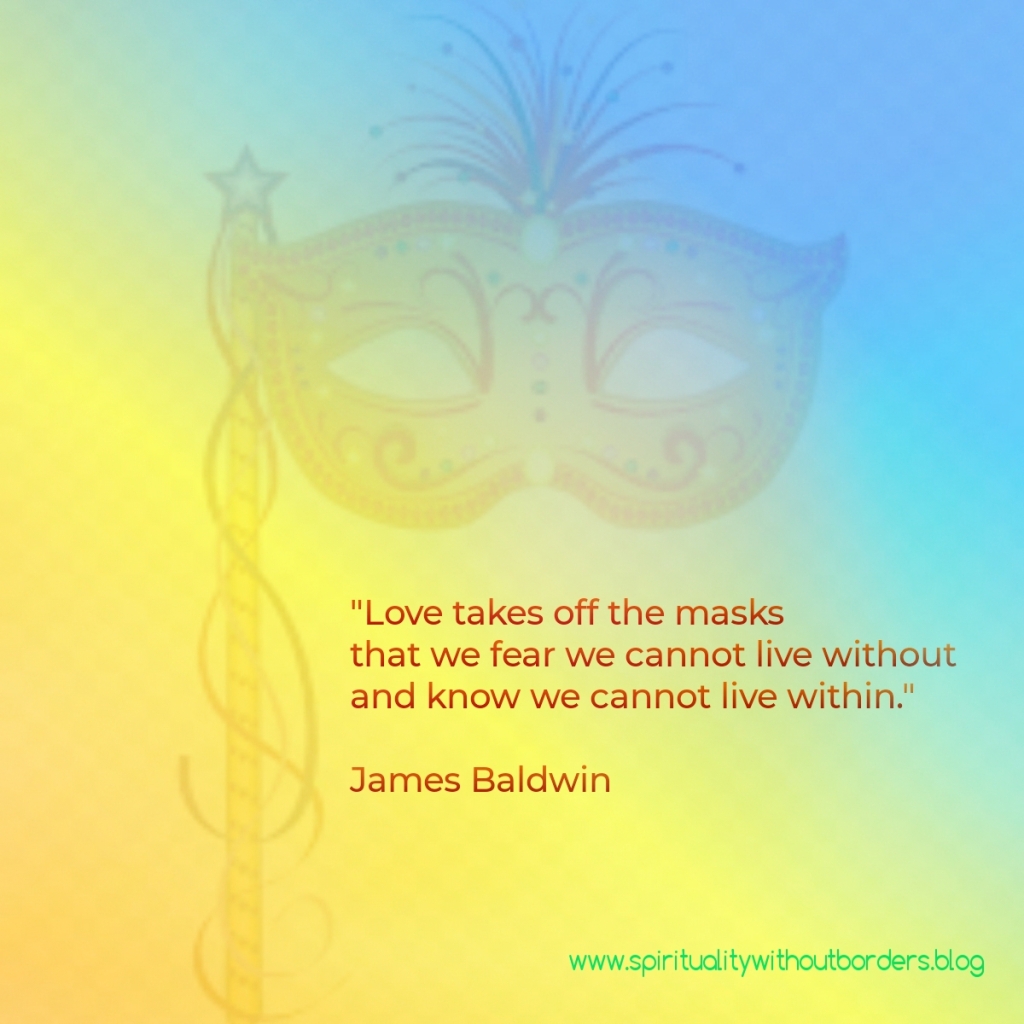
“Therefore, tell me: What will engage you? What will open the dark fields of your mind, like a lover at first touching?”
Mary Oliver
This brilliant poem by Mary Oliver burrowed into my soul this morning, promising rich nourishment in the week ahead. May it offer you the same. Life, death, resurrection … Fitting for this Eastertide.
"Flare" By Mary Oliver 1. Welcome to the silly, comforting poem. It is not the sunrise, which is a red rinse, which is flaring all over the eastern sky; it is not the rain falling out of the purse of God; it is not the blue helmet of the sky afterward, or the trees, or the beetle burrowing into the earth; it is not the mockingbird who, in his own cadence, will go on sizzling and clapping from the branches of the catalpa that are thick with blossoms, that are billowing and shining, that are shaking in the wind. 2. You still recall, sometimes, the old barn on your great-grandfather's farm, a place you visited once, and went into, all alone, while the grownups sat and talked in the house. It was empty, or almost. Wisps of hay covered the floor, and some wasps sang at the windows, and maybe there was a strange fluttering bird high above, disturbed, hoo-ing a little and staring down from a messy ledge with wild, binocular eyes. Mostly, though, it smelled of milk, and the patience of animals; the give-offs of the body were still in the air, a vague ammonia, not unpleasant. Mostly, though, it was restful and secret, the roof high up and arched, the boards unpainted and plain. You could have stayed there forever, a small child in a corner, on the last raft of hay, dazzled by so much space that seemed empty, but wasn't. Then--you still remember--you felt the rap of hunger--it was noon--and you turned from that twilight dream and hurried back to the house, where the table was set, where an uncle patted you on the shoulder for welcome, and there was your place at the table. 3. Nothing lasts. There is a graveyard where everything I am talking about is, now. I stood there once, on the green grass, scattering flowers.
4. Nothing is so delicate or so finely hinged as the wings of the green moth against the lantern against its heat against the beak of the crow in the early morning. Yet the moth has trim, and feistiness, and not a drop of self-pity. Not in this world. 5. My mother was the blue wisteria, my mother was the mossy stream out behind the house, my mother, alas, alas, did not always love her life, heavier than iron it was as she carried it in her arms, from room to room, oh, unforgettable! I bury her in a box in the earth and turn away. My father was a demon of frustrated dreams, was a breaker of trust, was a poor, thin boy with bad luck. He followed God, there being no one else he could talk to; he swaggered before God, there being no one else who would listen. Listen, this was his life. I bury it in the earth. I sweep the closets. I leave the house. 6. I mention them now, I will not mention them again. It is not lack of love nor lack of sorrow. But the iron thing they carried, I will not carry. I give them--one, two, three, four--the kiss of courtesy, of sweet thanks, of anger, of good luck in the deep earth. May they sleep well. May they soften. But I will not give them the kiss of complicity. I will not give them the responsibility for my life. 7. Did you know that the ant has a tongue with which to gather in all that it can of sweetness? Did you know that? 8. The poem is not the world. It isn't even the first page of the world. But the poem wants to flower, like a flower. It knows that much. It wants to open itself, like the door of a little temple, so that you might step inside and be cooled and refreshed, and less yourself than part of everything. 9. The voice of the child crying out of the mouth of the grown woman is a misery and a disappointment. The voice of the child howling out of the tall, bearded, muscular man is a misery, and a terror. 10. Therefore, tell me: what will engage you? What will open the dark fields of your mind, like a lover at first touching? 11. Anyway, there was no barn. No child in the barn. No uncle no table no kitchen. Only a long lovely field full of bobolinks. 12. When loneliness comes stalking, go into the fields, consider the orderliness of the world. Notice something you have never noticed before, like the tambourine sound of the snow-cricket whose pale green body is no longer than your thumb. Stare hard at the hummingbird, in the summer rain, shaking the water-sparks from its wings. Let grief be your sister, she will whether or no. Rise up from the stump of sorrow, and be green also, like the diligent leaves. A lifetime isn't long enough for the beauty of this world and the responsibilities of your life. Scatter your flowers over the graves, and walk away. Be good-natured and untidy in your exuberance. In the glare of your mind, be modest. And beholden to what is tactile, and thrilling. Live with the beetle, and the wind. This is the dark bread of the poem. This is the dark and nourishing bread of the poem. photo credit: Barn photo taken by Rebecca Staebler, formatted by Rita Kowats




















